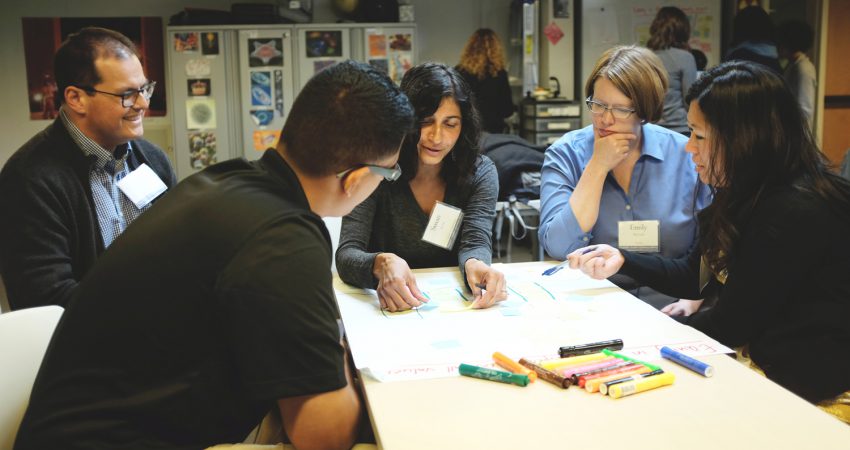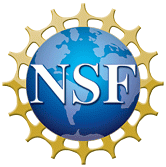
By Heather King - February 2014
PAPER CITATION
van Driel, J. H., Meirink, J. A., van Veen, K., & Zwart, R. C. (2012). Current trends and missing links in studies on teacher professional development in science education: A review of design features and quality of research. Studies in Science Education, 48(2), 129–160. doi:10.1080/03057267.2012.738020
For this meta-analysis, the authors examined 44 recently published studies on science teacher professional development, using an organizing frame to check for elements of best practice. This frame offers informal science education providers a useful checklist for planning their own PD programmes. Best practice in PD, according to this frame, includes:
- Clear focus
- Targeted activities for participants
- Inquiry-based and collaborative learning
- A design appropriate for the programme’s duration and for sustainability
- Coherence of goals and design
- Alignment with school management and organizational conditions
In discussing duration, the authors note that the optimum timespan will depend on the goals of the PD. In discussing these goals, they emphasize that both leaders and researchers must clearly understand what the effect variables really are. For example, does the programme aim to change teachers’ cognition or students’ behaviour?
The full paper comprises a relatively detailed analysis of various research reports. The following issues and recommendations may be of interest to informal science educators:
Most of the studies relied on teachers’ self-reports in interviews and questionnaires. Few looked at student assessment data or asked students to report on teacher quality.
- Most studies report positive outcomes; few describe any failures.
- Few studies discuss how the aims of the PD programme were related to or aligned with the broader educational context.
- Few studies explicitly examined the role played by the PD leaders in facilitating teacher development.
Implications
Teacher PD is an important part of the educational offerings of many informal science institutions. Yet the results of and insights gained from these PD programmes are seldom shared more widely. The findings in this comparative analysis highlight several important issues for providers of informal science education to consider:
- Providers should share their failures as well as successes, so that others can learn from their mistakes.
- Facilitators clearly play a vital role in the success of PD, yet this role is little understood.
- The objectives of the PD must be clear.
- PD has to take into account the wider educational landscape and the “messiness” of daily school life.
Because it is a review, this paper does not discuss the design, implementation, or outcomes of the individual PD programmes in detail. However, it does note that, although the intentions of many PD programmes are undoubtedly good, research to verify effects is limited. Here then is an opportunity for informal science education providers to contribute to the field of teacher PD by investigating their own programmes in ways that address some of the gaps highlighted above.
The paper also raises important points regarding teacher beliefs. Teachers tend to evaluate any innovation using practical rather than philosophical criteria. Teachers want to know whether:
- The ideal of the innovation will translate into concrete instruction
- Proposed changes will fit easily into current practice
- Implementation offers substantial benefit for limited investment.
Even for programmes designed to include the elements of good practice, if these criteria are not met, teachers will decline the proposal or, at best, else adopt it without necessarily including the core elements.




